The convenience retail market is expected to see an 8% growth in value sales, driven by changing shopping habits caused by the coronavirus pandemic.
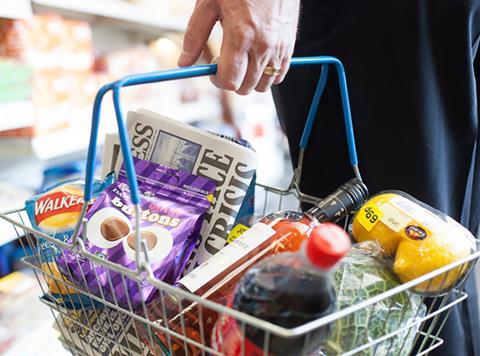
According to the HIM & MCA Insight UK Convenience Market Report 2020, sales in the sector are predicted to rise to £44.7bn, an increase of 8% compared to 2019.
It reported increased volume and sales during the coronavirus lockdown period, due to consumers favouring in-home consumption due to risk aversion as well as watching their discretionary spend – a trend that HIM & MCA Insight forecast to continue despite lockdown measures easing.
The report added that the convenience retail sector saw larger basket sizes and spend since the start of the coronavirus pandemic. Basket value has grown 17% year-on-year to £7.46 and average basket size is 2.5 items – up from 2.3 in 2019.
The lockdown has also led to a rise in planned top up shopping. The report states that shoppers have turned to convenience for main and planned top-up shopping with independent retailers more flexible when faced with stock pressures. Planned top-up shops now account for 22% of all convenience trips, up 4pps year-on-year.
Store type
When split out by convenience store type, co-operatives are forecast to see the fastest growth – up 12% year-on-year while unaffiliated independents are set to grow 11%, symbol stores 7%, forecourt stores 6% and convenience multiples 6%.
Head of insight at HIM & MCA Insight Blonnie Walsh said: “The turn of the decade has seen a transformative year for the convenience retail market. Convenience retailers have been forced to adapt to new basket dynamics and an evolving core consumer base. A shift in shopper missions has resulted in increased basket spend and size, rewarding retailers for the support and commitment they have shown to their local communities.”
“Provenance has been a growing trend for some time, and we continue to see increases in the proportion of shoppers choosing a particular store in order to support local businesses. The lockdown will only have accelerated this trend and retailers can leverage this by highlighting local credentials, including work with local suppliers.”




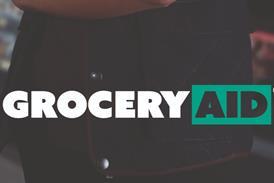







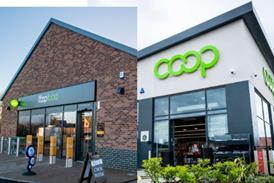
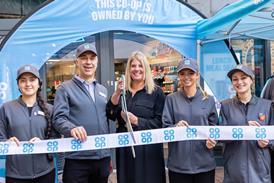






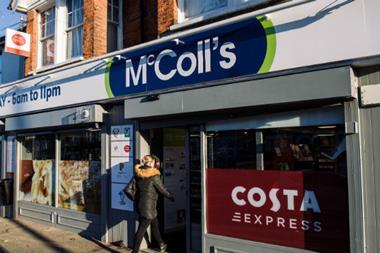

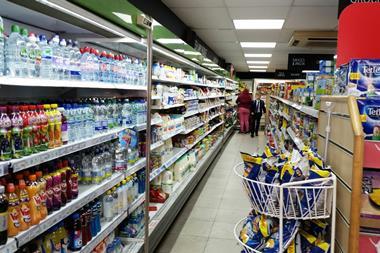
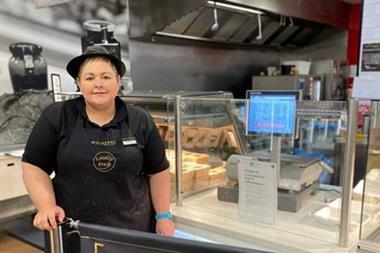
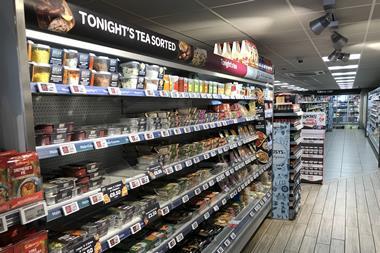
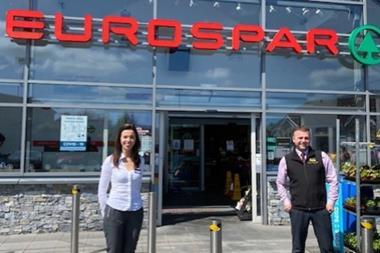






No comments yet